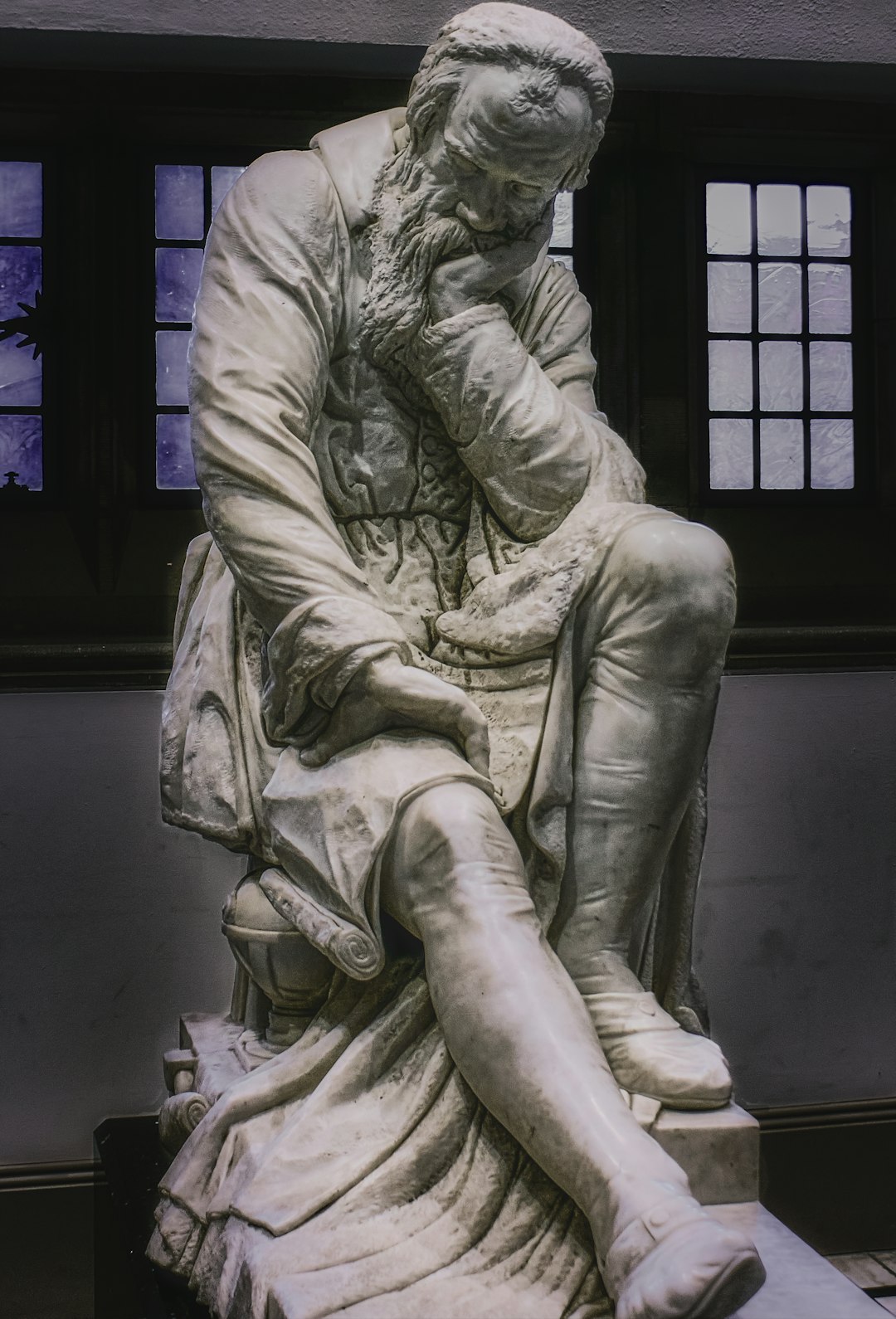
Is there a place in our society for older adults?
That is not a rhetorical question. When you examine the beliefs that animate our culture, you might well assume that older adults are irrelevant. And you would not be wrong.
To date, most of this conversation, when it takes place at all, has been framed as a problem of ageism. This is a way of looking at problems that we’re familiar with, and it puts discrimination based on age on a parallel with racism, sexism, antisemitism, homophobia, and other forms of intolerance.
It’s convenient, it’s comfortable, it’s familiar. But putting ageism in this frame doesn’t reveal the true scope of the problem.
The Big Picture
The problem is that we, as a society, do not have a common conception of what to do with the chronologically gifted among us. Thanks to medical advances, we are living longer. Thanks to demographics, we are close to overwhelming younger generations in sheer numbers. And society does not understand what to do with us.
What we need is a new philosophy of aging.
I say new philosophy, because an implied philosophy of aging already exists. It’s just not acceptable.
Dutch sociologist Jan Baars recalls that when he began studying publications on aging, “I was rather shocked by the ways in which ‘the aged,’ ‘the elderly,’ or ‘the old’ were portrayed as if they were a strange and utterly problematic species.” That observation accurately reflects the existing philosophy that society has no compelling use for older adults. The only solutions to date are to segregate us, warehouse us, or wait for us to die.
The existing philosophy says that a person has value only so long as they contribute to the economy through gainful employment. Persons who cannot work make no contribution and therefore are not useful. (Children are tolerated because they are potential contributors.) It is a philosophy that gives primacy to the new: New products, new entertainment, new discoveries, new talent. And consequently, what is old - old ideas, old products, old people - has diminished value. It is a philosophy that favors creating new products over re-using, recycling, or repurposing old ones. It rests on the assumption that our resources are inexhaustible – there always will be more trees, more water, more petroleum, and more new people. It is the philosophy of a wasteful, throwaway society that equates used with used-up and includes older people in that category.
This is more than a problem of discrimination. This is a cultural framework that permeates our way of life.
I would like to think we can do better.
The French writer Simone de Beauvoir suggested in her later years that aging is nothing more than a cultural creation, a social verdict rendered by others. According to that thinking, there must be other ways of looking at aging than the way our culture accustoms us to see it. Such a philosophy might address what old age is for, what value older adults offer, and even how older relatives help humans survive as a species.
Not being a philosopher myself, I don’t have my own unified theory of aging. Instead, I want to draw attention to a few promising strands that others of the philosophical persuasion might weave together.
One writer of that persuasion is Eric Weiner, author of The Socrates Express: In Search of Life Lessons from Dead Philosophers. These are his fighting words:
Old age is not a disease. It is not a pathology. It is not abnormal. It is not a problem. Old age is a continuum, and everyone is on it. We’re all aging all the time.
Anthropologists have developed a “grandmother hypothesis” to suggest the survival advantage of human females who live beyond childbearing age. The theory, in brief, proposes that grandmothers help their families and their tribes survive by caring for their grandchildren (babysitting) and by strengthening social networks that help provide more resources. (Personally, I’m distresses that there is no corresponding “grandfather hypothesis.” What’s up with that?)
Aging can be seen as a positive asset. A succinct expression of this view is in a TedxTalk by Annarose Ingarra-Milch, She argues that:
1. Age broadens our intelligence (with crystalized intelligence)
2. Age betters our personality (we’re more resilient)
3. Age increases satisfaction with life
4. Age teaches us the value of time.
Seeing the problem only as one of discrimination or prejudice prevents us from seeing the larger context. The problem is baked into our society’s whole conception of what it means to have lives of value and purpose. It is a problem that deserves more serious thought.
Want to be almost famous?
For a research project on aspects of retirement, I’m seeking people to interview about their retirement experiences. I’m seeking two kinds of interviewees:
· Men or women who officially retired in the past three years.
· Men or women who expect to retire in less than three years.
Do you qualify, or can you suggest people who do? Please let me know at don@donakchin.com. Thanks for your help and for your continuing support.



I read recently (possibly on this Substack??) that we are here for the purpose of being producers of meaning, as opposed to being mere consumers. That really speaks to me and goes along with your assertion that attitudes towards aging are part of a larger throw-away culture.
We retired and moved to the beach in the Yucatan, Mexico. The Mexican family unit relishes the old people. There are very few options for pensions or retirement income so the family takes care of their parents and they do a great job of it. The grandchildren look forward to spending time with the grandparents. The Mexican family unit has shown me the value and respect placed on the older people. It is much different in the states.